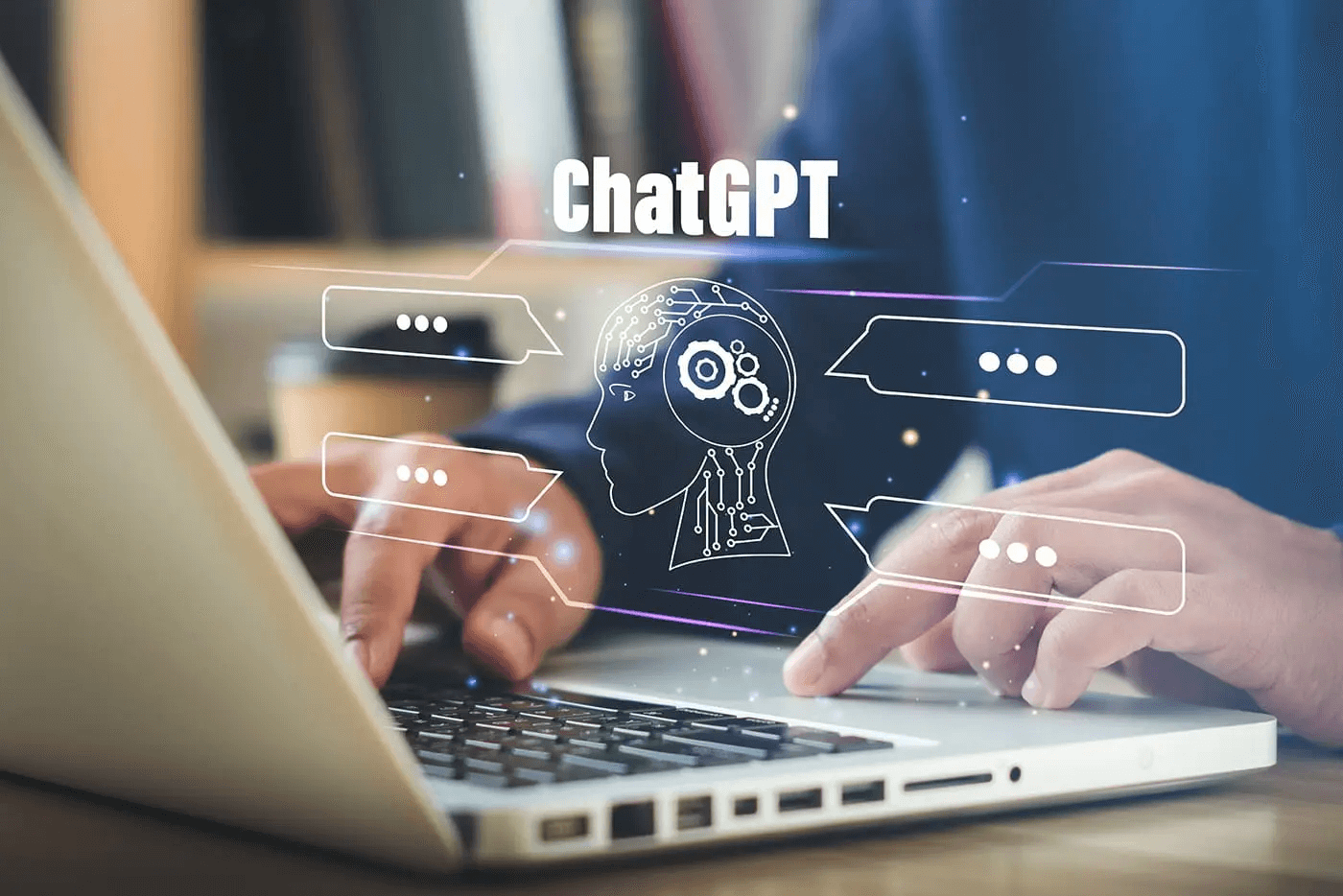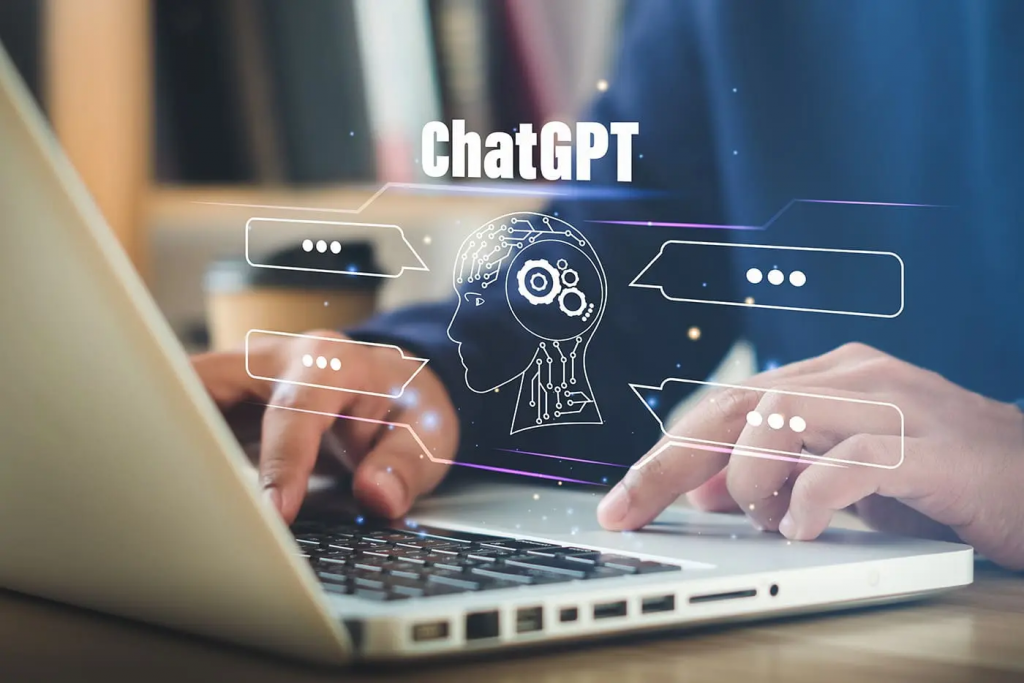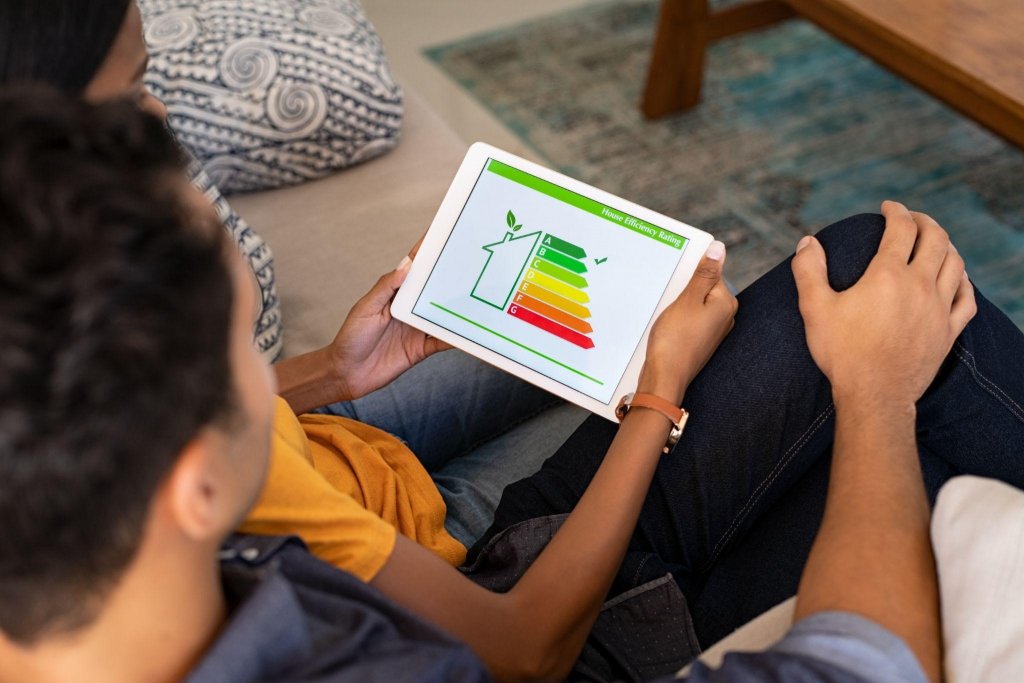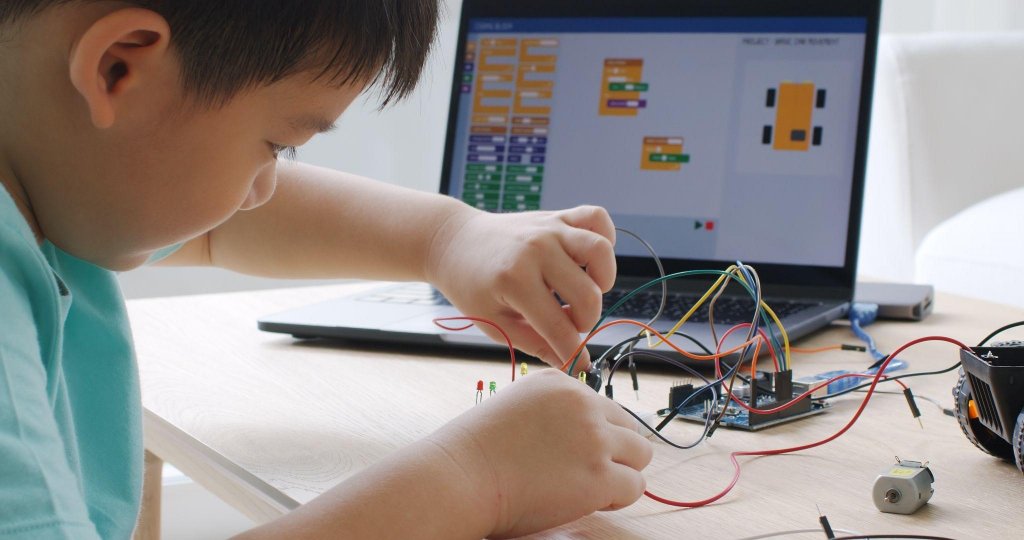
08 Mar The Rise of ChatGPT and How Education May Change in Future

ChatGPT has been making waves in the world of education, and it’s becoming increasingly popular among students. As an AI language model trained by OpenAI, ChatGPT has been programmed to answer a vast array of questions on a variety of subjects, making it a valuable tool for students seeking explanations, quick answers, and assistance.
But ChatGPT is more than just a tool for answering questions. It’s a new way of thinking about education, one that is focused on making learning more accessible and convenient. With ChatGPT, students no longer have to spend hours combing through textbooks or scouring the internet for answers. They can simply ask their questions and receive accurate, informative answers in seconds.
As it continues to gain popularity, we can expect to see some significant impacts on education in the future. In this article, let us explore three ways that AI and ChatGPT may change the way we think about learning:
Personalised Learning
One of the biggest advantages of personalised learning experiences is that students learn at their own pace, which greatly enhances their understanding and retention of the material. With ChatGPT, students can receive tailored feedback and support, helping them to identify their strengths and weaknesses and adjust their learning accordingly.
It also makes the learning experience for them more relatable and helps students better understand and apply the concepts they learn by using real-life scenarios and examples.
Moreover, by being able to work at their own pace and focus on topics that interest them, students feel more invested in their learning and take ownership of their academic progress.

Another key benefit of ChatGPT in education is increased efficiency in learning. Traditionally, students spend hours memorising information, which is a tedious and time-consuming process. With the help of AI-powered tools like ChatGPT, students access information quickly and easily. They ask questions and receive immediate answers to boost their understanding of topics, reducing the need for memorisation and allowing them to focus on developing critical thinking and problem-solving skills.
Furthermore, ChatGPT enables students to learn at their own pace. Some students may need more time to understand a concept, while others may need less. AI-powered systems adjust to each student’s pace, providing them with the right amount of information and support they need to progress.
Improved Accessibility
Finally, ChatGPT has the potential to improve accessibility in education by providing access to resources and support for students who may not have access to traditional educational resources. For instance, students living in remote areas may not have easy access to libraries or educational materials, while students with disabilities may have difficulty accessing physical textbooks or navigating traditional learning environments. It bridges this gap by providing a virtual platform for these students to access educational resources and support.
What Can Parents Expect From This New Era of AI and Education?
While it’s still early days for ChatGPT and other AI-powered learning tools, there are a few things that parents can keep in mind:

- Limited ability to understand a context: ChatGPT’s limited ability to understand a context can be a challenge for those who ask complex questions that require a deeper understanding of the topic. Although ChatGPT generates impressive responses based on keywords and phrases, it may not provide relevant answers to those questions. As a result, users may feel confused and frustrated when their questions are not answered with the level of nuance they were hoping for.
- Although ChatGPT can respond in a human-like way, it cannot recognise or appropriately respond to emotional cues. This is a disadvantage in educational settings where students may need emotional support and guidance from their teachers.
In conclusion, ChatGPT is just the beginning of a new era in education. By leveraging the power of AI, we can create more personalised, efficient, and accessible learning experiences for students of all ages and backgrounds. And while there may be some challenges to navigate along the way, the potential benefits are truly exciting.
The rise of ChatGPT and AI technology in education is undoubtedly a game-changer, giving an entirely new way for students to learn and interact with educational content. With the ability to personalise learning experiences, provide instant feedback, and offer a range of support services, AI-based education solutions are revolutionising the education industry.
Parents can expect to see more AI-based solutions in education, and it’s beneficial for them to stay informed and involved in their child’s education journey. With the right balance of technology and human interaction, we can create a future of education that is more accessible and designed to augment and enhance their abilities, allowing them to focus on higher-order tasks such as critical thinking, creativity, and emotional intelligence.


